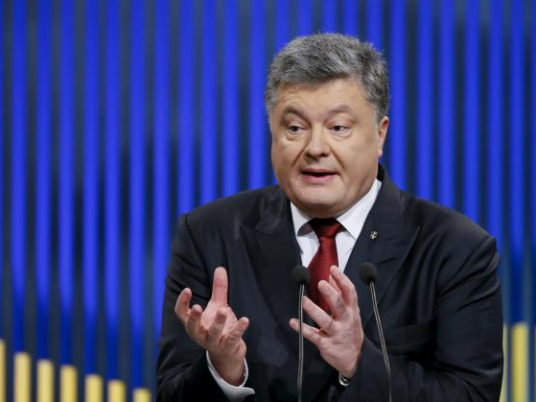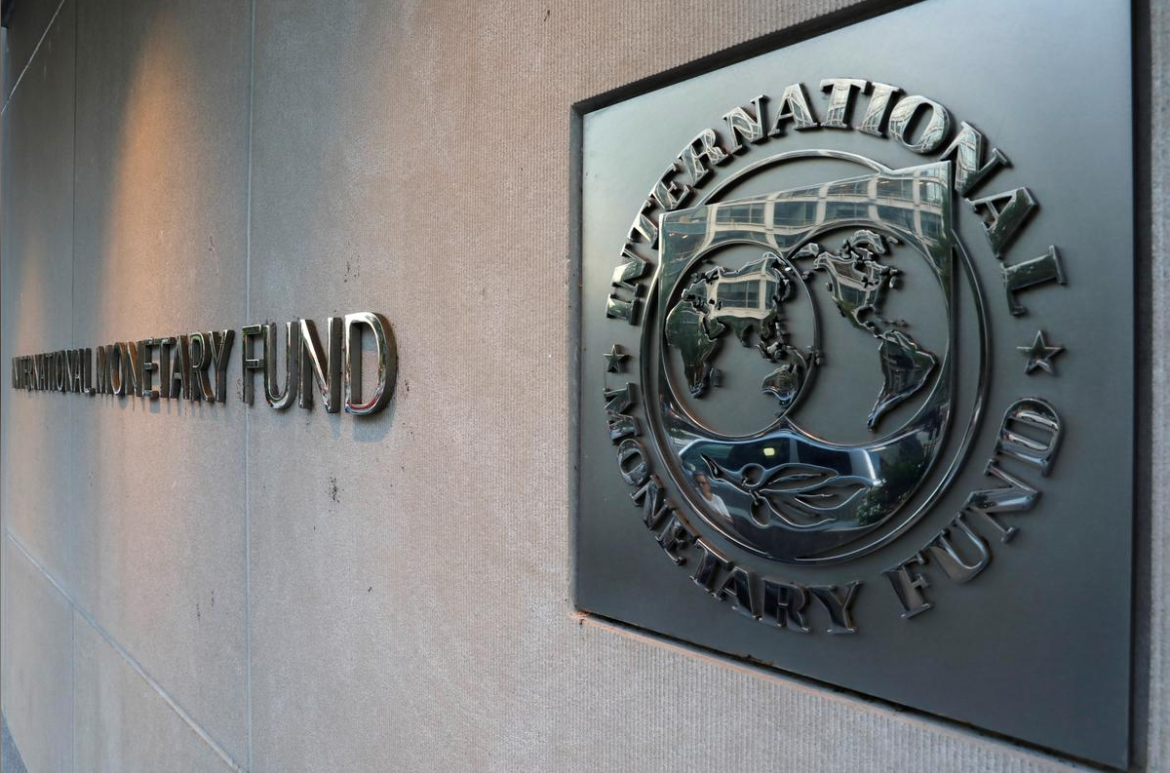
The International Monetary Fund executive board on Tuesday gave final approval to a new loan package for Ukraine and released $1.4 billion for immediate use.
The IMF had agreed on the $4 billion, 14-month loan in mid-October but the board was waiting for the government to follow through with a series of economic policies before approving the aid to the war-torn nation, including raising gas and heating rates.
Another key step was approval of the 2019 budget late last month with a deficit of about 2.3 percent of GDP.
“The Ukrainian authorities have successfully restored macro-economic stability and growth, with support from the international community,” IMF number two David Lipton said in a statement.
“The authorities have taken important steps” to mitigate risks to the program, he said, but stressed that the “full and timely implementation of the program will be critical for its success in light of the difficult challenges.”
Ukraine Prime Minister Volodymyr Groysman sought the additional financing from the Washington-based lender to help his crisis-hit nation.
But the gas price hike was a sensitive issue for the cash-strapped country as its pro-Western leadership faces presidential and parliamentary elections in 2019.
The new 14-month stand-by loan deal replaced the previous four-year financial aid package agreed in March 2015. The remainder of the funds will be released in stages after semi-annual reviews of the government’s performance.
The IMF has stressed the need for continuing to protect low-income households.
But it also has set key priorities, including continuing to reduce public debt and inflation, shoring up the banking sector, and improving tax administration and privatization.
“It will be important to resist pressures to increase spending or lower taxes,” Lipton said.
And progress on anti-corruption reforms and privatization “will help attract investment and improve the business climate more broadly.”
The IMF expects Ukraine’s economic growth to slow to 2.7 percent next year from the projected 3.3 percent this year, while inflation should fall below 11 percent in 2019 from nearly 12 percent this year.
In 2014, Moscow annexed the Crimean peninsula from Ukraine. That move was followed by a deadly conflict in eastern Ukraine between government forces and Russian-backed separatists.
Ukraine and its Western allies have accused Russia of funneling troops and arms across the border but Moscow has denied the claims despite overwhelming evidence to the contrary.



